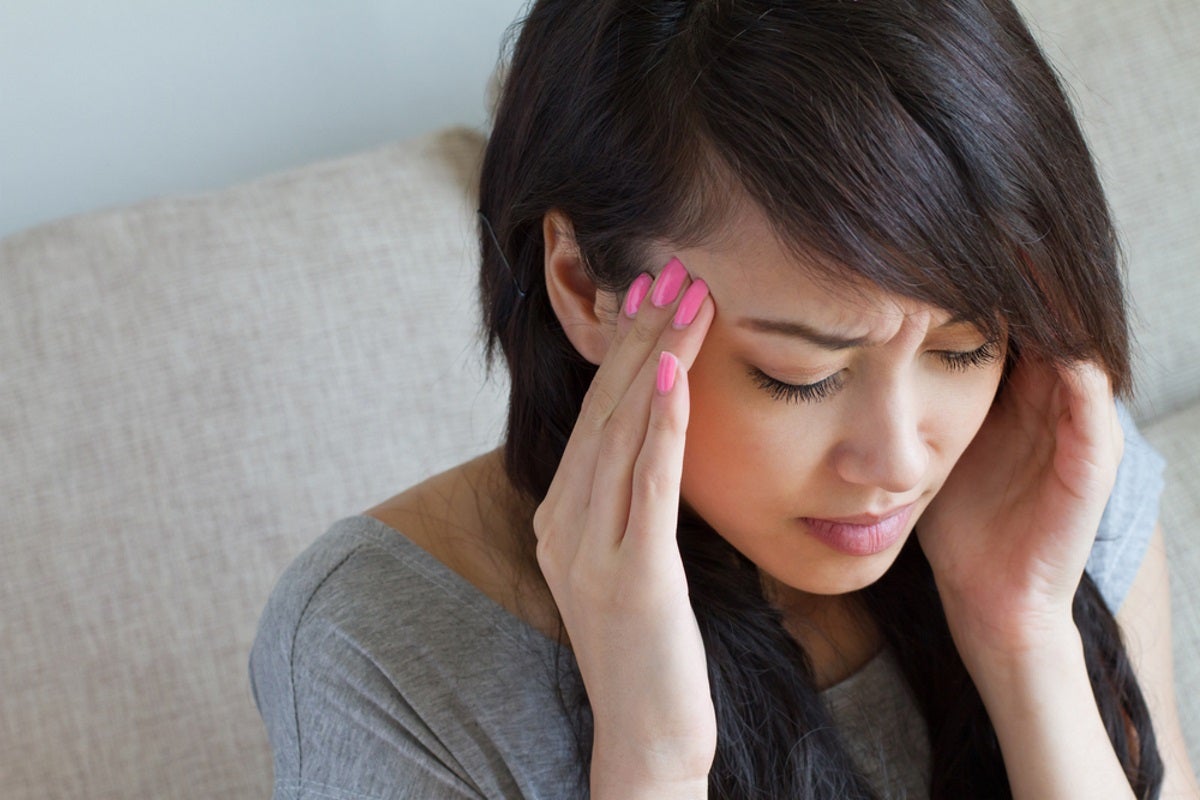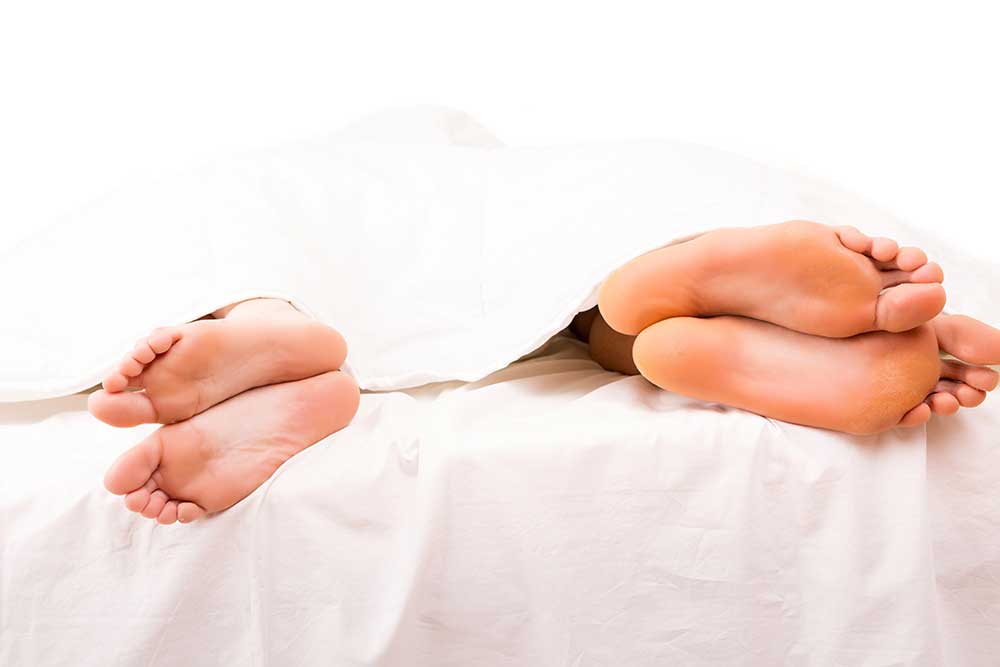Surprising Facts about Migraines
If you suffer from migraines, you are aware of much of the common knowledge regarding this type of headache. You know to wear sunglasses, drink plenty of water, and avoid certain foods. You’ve probably identified your personal migraine triggers and avoid them like the plague. Your migraine survival kits are in your desk, car, and bathroom where you can quickly access one when a migraine hits. You know which medications work and which ones don’t.
As much as you know, there are some interesting facts about migraines that may surprise you. Learning about these surprising facts may help you manage even more of your migraines effectively.
A drop in stress can cause a migraine.
It’s common knowledge that stress can trigger a migraine. What is not as well known is that a drop in stress level can also cause a migraine. Rather than experience a migraine during a stressful event, some people find the migraine hits once the stress has eased. So instead of a migraine during finals, a stressful week at work, or while planning a large event, you may experience a migraine after turning in your exam, over the weekend, or after the celebration.
Your migraine may be from your migraine meds.
You may need to take medications to help with a migraine, but too much medication can give you a headache instead. You can experience a rebound headache from your prescription medications or over the counter remedies. Thus, you should work with your doctor to find alternative means for early and mild migraines.
Exercise may cause or prevent migraines.
Regular exercise helps with overall health and relaxation, and thus can help with migraine prevention. However, intense physical exertion could trigger a migraine. It’s important to find an exercise regime that is beneficial but doesn’t cause overexertion and a migraine. Walking and other low impact exercises may be best.
Medications for seizures, high blood pressure, and depression can help with migraines.
Taken daily, there are a wide range of medications which can help prevent migraines. They include beta-blockers, calcium channel blockers, anti-depressants, and anticonvulsants for seizures. If you suffer from a number of migraines each month, talk to your doctor about one of these prophylactic medications.
Birth control pills can help migraines.
Though for some women birth control pills can cause or worsen migraines, for others they can help with menstrual migraines. You may need to work with your doctor to determine which type and schedule work for you. You may need to skip the reminder pills or switch to a single hormone pill, but birth control pills can be a solution rather than a trigger when it comes to hormone related migraines.
Your sinus headache could be a migraine.
Up to 90% of people with a sinus headache are diagnosed with a migraine when they seek medical attention. If you don’t have colored nasal mucus, pain in your cheek or teeth, a decrease in the ability to smell, or other sinus infection symptoms, your sinus headache may actually be a migraine. If you have migraine symptoms along with a sinus headache, you probably have a migraine instead.
Migraines may impact mental health.
If you suffer from migraines, you may also have issues with depression and anxiety. Because migraines can cause you to miss work, school, social events, and more, your relationships with your boss, family, and friends can be affected which may leave you depressed and anxious. Doctor’s appointments, treatments, and missed work from migraines can also stress your finances, further contributing to anxiety. In addition, stress and anxiety can lead to a migraine, creating a vicious cycle.
You could have a hangover the day after a migraine.
Once the headache pain of a migraine has passed, you can still feel miserable. The postdrome phase, or last phase of a migraine, is sometimes referred to as migraine hangover. Symptoms can include fatigue, foggy thinking, nausea, muscle tension, and an overall feeling of being unwell.
You could have a pain-free migraine.
A pain-free, or silent, migraine can have all the signs of a migraine, and specifically aura, but no actual pain. This type of headache is also known as a visual migraine, or acephalgic migraine. Triggers and treatment may be the same as for a typical migraine, but symptoms are less severe and resolve quickly so treatment may be unnecessary.
Migraines with aura may increase risk of heart disease and stroke.
Women who experience migraines with aura can have an increased risk of cardiovascular disease and stroke. The connection is not fully understood, but women with this type of migraine should work with knowledgeable physicians regarding their risks and how to decrease them. Migraine treatment may need to focus on more than immediate pain relief.
Browse through the HysterSisters Fitness and Wellness after Hysterectomy Articles covering post-hysterectomy fitness and wellness concerns. Weight loss, body chemistry, exercise, eating right, motivation, osteoporosis, making a plan, drinking water and more.
This content was written by staff of HysterSisters.com by non-medical professionals based on discussions, resources and input from other patients for the purpose of patient-to-patient support. Reprinted with permission: 10 Surprising Facts about Migraines







